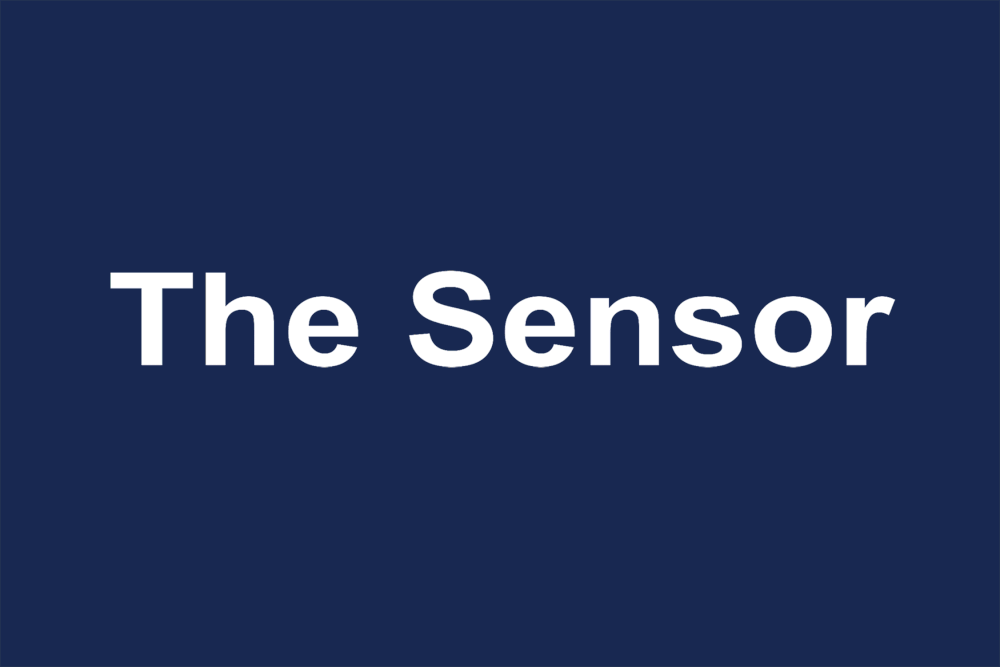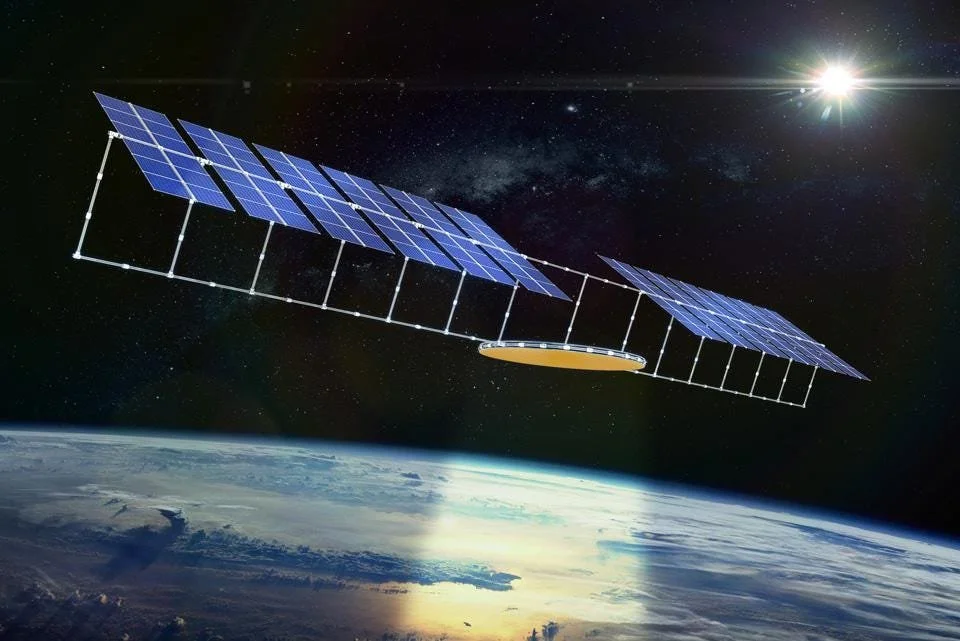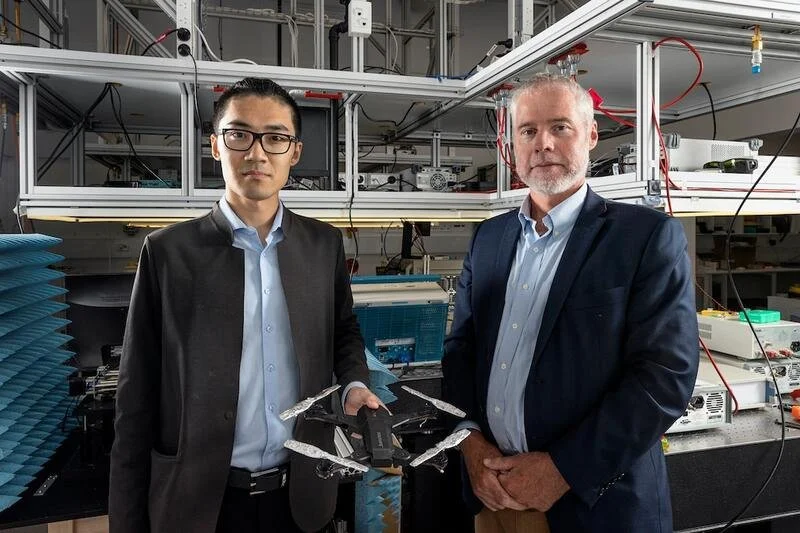News
Technology to offer solutions to the ageing population
Leading members of NSW universities, industry and government have met today for the second Ageing Grand Challenge Forum, hosted by the NSW Smart Sensing Network (NSSN).
The Sensor - March 2022
We began March by hosting leading members of NSW universities, industry and government at Parliament House in Sydney for the second NSSN Ageing Grand Challenge Forum.
NSSN teams up with three NSW SMEs solving priority challenges
The NSW Smart Sensing Network has supported three small businesses teaming up with NSW universities in receiving government funding to solve the state's top priority R&D challenges in areas like telecommunication connectivity, koala population monitoring and water quality in health facilities.
Building a solar farm where the sun never sets
In the last 200 years, the human population has grown from 1 billion to almost 8 billion strong — and as our population grows, Earth's resources shrink.
NSW signs historic Innovation Partnerships with universities
The NSW Government has signed historic five-year Innovation Partnerships with a further 10 NSW public universities to boost innovation, attract investment and strengthen collaboration across the sector and state.
A new radar technology with life-saving applications
Scientists from the University of Sydney have achieved a technology breakthrough with potentially life-saving applications by using an improved version of radar called ‘advanced photonic radar’.
Call for EOIs for NSSN Board Chair
The NSW Smart Sensing Network (NSSN) is seeking expressions of interest for the role of Board Chair to serve an initial term of two years (renewable for a further two years).
Call for EOIs to join the NSSN Board
The NSW Smart Sensing Network (NSSN) is seeking expressions of interest from suitably qualified individuals to join its Board.
The Sensor - February 2022
2022 is off to a strong start here in NSW! We begin the year by announcing the NSW Smart Sensing Network has supported its members in securing $960,000 in ARC LIEF funding.
NSSN supports members in securing $960,000 in ARC LIEF funding
Supported by the NSW Smart Sensing Network, two research teams from the University of Technology Sydney (UTS) and University of Newcastle have secured a total of $958,000 in funding under the latest round of the Australian Research Council's Linkage Infrastructure, Equipment and Facilities (LIEF) scheme.
Using wearables to create a proactive healthcare system
Wearable devices are often promoted as new developments complementing the set of personal gadgets assisting us in our busy day-to-day lives. But the first personalised wearable device, the humble specs, was actually invented in the 13th century in Italy.
New biosensor revolutionises brain-controlled robotics
Researchers from the University of Technology Sydney (UTS) have developed a novel carbon-based biosensor that is set to transform brain-controlled robotics.












